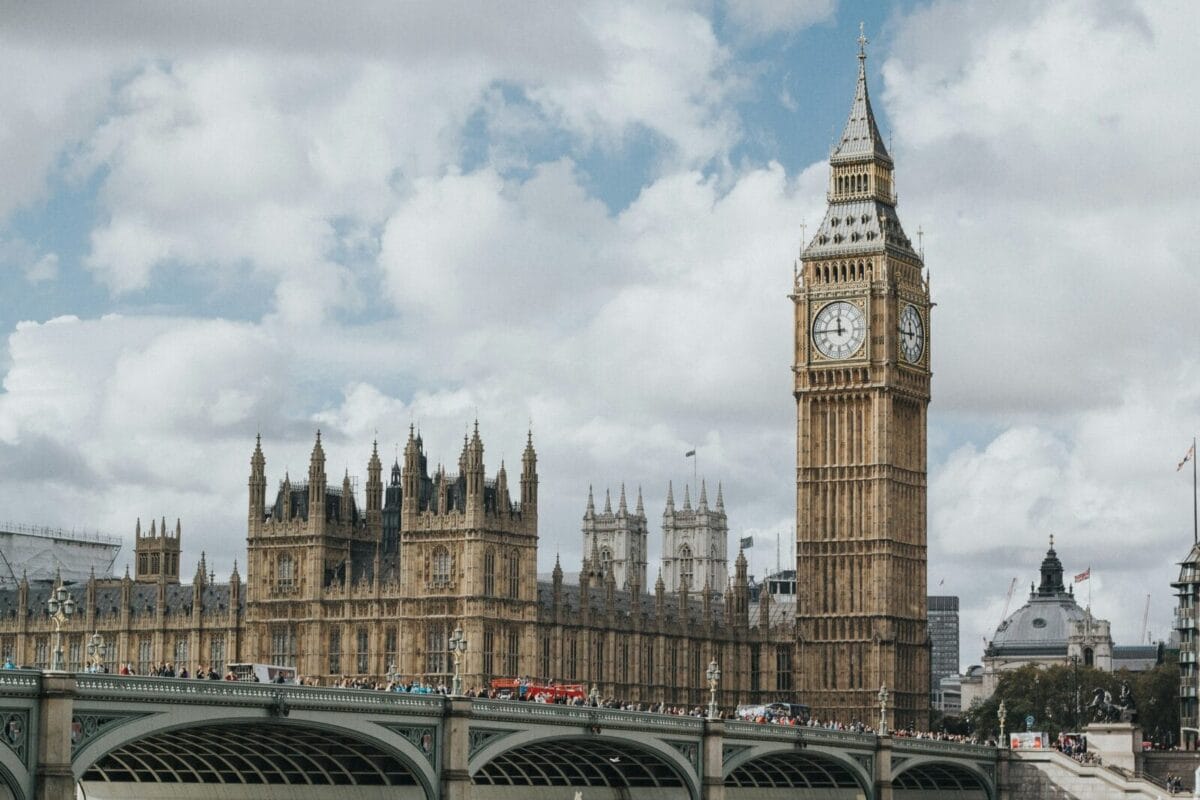Salary sacrifice pension arrangements may be in the Chancellor’s sights ahead of the 26 November Budget, with reports suggesting a potential £2,000 cap on NI-efficient contributions. Charlene Young, senior pensions and savings expert at AJ Bell, warns that such a move could leave workers with smaller pension pots, add costs for employers, and create fresh administrative burdens.
Charlene Young, senior pensions and savings expert at AJ Bell, comments:
“As Rachel Reeves’ long list of revenue raising measures continues to be whittled down ahead of the Budget on 26 November, reports in the past week suggest reform of salary sacrifice pension schemes could be one of the ways she chooses to dance around Labour’s manifesto promises to boost the public finances. Rather than an all-out ban on using salary sacrifice, one option on the table is a £2,000 cap on the amount of earnings that can be exchanged for pension contributions that benefit from a National Insurance exemption.
“Introducing the cap could reportedly raise up to £2 billion a year, but it also runs the risk of savers having less in their pension pots when they reach retirement. Our analysis shows that someone aged 35 earning £50,000 a year could face a hole in their pension of £22,060 by age 65 under these plans. This assumes they already have a pension fund of £30,000 and save an overall contribution of 5% personally, with another 3% coming from their employer. The black hole rises to over £37,000 or even nearly £50,000 if they are already a higher earner on £75,000 or £100,000 respectively.
| Projected pension pot at retirement | |||
| Current salary | Current system | £2,000 salary sacrifice limit | Difference |
| £40,000 | £478,518 | £458,417 | £20,101 |
| £50,000 | £564,113 | £542,053 | £22,060 |
| £75,000 | £778,098 | £740,897 | £37,201 |
| £100,000 | £992,084 | £942,402 | £49,682 |
| Source: AJ Bell. Assumes 5% investment growth after charges, 2% price inflation and 3% annual earnings growth. | |||
“Although clamping down on salary sacrifice isn’t an explicit tax rise, many employees will see less in their pay packets and ultimately their pension pots too. While salary sacrifice helps workers save up to 8% employee National Insurance (NI) on the cost of their pension contributions, the savings on offer are bigger for employers – as employer NI of 15% would’ve been payable on the amount of pay that is sacrificed. Some employers like to reward employees by sharing all or some of this saving and use it to boost pension contributions even further. But asking businesses to absorb yet another cost might be one step too far, particularly at a time when the number of people out of work is already at its highest rate since the pandemic.
“A £2,000 cap means someone earning £40,000 now and making the 5% employee minimum contribution across all their earnings would be caught. And those diligently saving more than the current minimum would see more of their pension contributions subject to NI deductions, including some lower earners.
“Employers will still face the extra hassle when it comes to payroll and policing a cap versus the current system, and might even decide to close their salary sacrifice schemes completely as a result of such a policy. In those circumstances, the dent in the pension pots of employees could be even higher than predicted – not an ideal message for a government supposedly committed to improving pensions adequacy and boosting the long-term saving prospects of the nation.
How salary sacrifice cuts your National Insurance costs
“Employees in workplace pension schemes will usually see three main payments deducted from their monthly salary before receiving their take home pay – income tax, employee NI, and pension contributions. The same overall amount still goes into their pension, but depending on what type of scheme you’re in, your pension contributions may come out first, second, or third.
“Crucially, both methods of income tax relief mean your own pension contributions are taken from your pay after your NI contributions have been deducted. But salary sacrifice rules let you make your own pension payment before interference from both NI and income tax. Under salary sacrifice schemes, you make an agreement with your employer to give up a portion of your salary in return for a certain benefit, in this case a pension contribution.
“The main benefit to pension savers is that employee NI does not eat into their contributions. But the agreements do involve a cut on paper to someone’s pay, which could be important when it comes to things like being approved for a mortgage.
Example:
“Sally earns £55,000 and wants to make higher personal contributions to her workplace pension of 10% a year. Her employer has offered her salary sacrifice as an option.
| Under salary sacrifice | No salary sacrifice – net pay scheme |
| Salary: £49,500 grossPension contribution: £5,500 Deductions:Employee NI: £2,953Income tax: £7,386 Take home pay: £39,161 | Salary: £55,000 gross Deductions:Employee NI: £3,394Pension contribution: £5,500 before taxIncome tax: £7,386 Take home pay: £38,720 |
“As well as Sally’s own saving, her employer also saves employer NI on the £5,500 pay sacrificed, an extra £825 for the year.
Using pension contributions to avoid tax traps
“Whatever happens, people will still be able to get income tax relief on their pension contributions. Rather than making a formal arrangement to keep their salary below a certain level, they will need to work out what extra contributions they need to make to reduce their ‘adjusted net income’. This will involve added time and admin but will still be well worth it when you consider the potential tax savings on offer.
“For example, someone with an adjusted net income of £60,000 or more will start to see any child benefit clawed back and someone breaching the £100,000 limit starts to lose their tax-free personal allowance for the year. In both cases, their extra earnings face an effective tax rate of 62% if you include NI. But the cliff edge is astonishing for parents of young children, who lose their entitlement to tax-free childcare and extra funded childcare hours as soon as they tip over the £100,000 cliff edge.
“Making a pension contribution to reduce adjusted net income can help taxpayers out of these punishing tax traps and also boost their retirement savings.
The impact on employers
“Restricting the benefits of salary sacrifice can reduce a pension saver’s pot at retirement, but the cost burden of any changes will again fall upon employers in what looks like another tax on jobs. This might include increased employer NI bills and payroll costs to administer any cap as well as rethinking overall staff benefit packages.
“Where an employer is sharing some of their current NI savings with employees, changes will result in even lower pension contributions being paid into workplace schemes for employees. Some employers might simply stop sharing the savings with their workers entirely, as well as putting a brake on new hires.
“In the example of Sally above, a £2,000 salary sacrifice cap would mean an extra £525 annual NI bill for her employer and a £118 cut in Sally’s take home pay. If salary sacrifice was removed as an option, the extra costs would be £441 and £825 respectively.”
| Sally | Current scheme | Cap NI exemptions at £2,000 | No salary sacrifice |
| Take home pay | £39,161 | £39,043 | £38,720 |
| Employer NI bill | £6,675 | £7,200 | £7,500 |
Source: AJ Bell.















